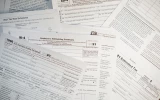How Much Do You Save With an Ag Exemption in Texas?
An agricultural operation requires a lot of labor and money to maintain, but using an existing agricultural special valuation, sometimes known as an "ag exemption," for activities like beekeeping can result in significant property tax savings. Keeping bees on your property can now reduce your property taxes on small acreages.
Savings of over $1,000 annually are not uncommon. The savings increase in direct proportion to your property's current market value. How much money you can save on ag expenses will depend on the difference between the market value of your property and the production valuation you get from your appraisal district.
For a seasoned beekeeper, beekeeping is the simplest and most affordable way to maintain or gain an ag valuation. Fences, livestock trailers, veterinarians, fodder, and being bound to the land are not necessities for honeybees. This article is intended to lead you through a potential financial savings estimate.
Summary
- The application deadline in Texas for this special valuation is April 30.
- There is no set formula because the eligibility criteria and tax rates vary from county to county, but the savings are typically well worth the effort.
- The State of Texas has established a minimum of 5 acres and a maximum of 20 acres to qualify beekeeping as an agricultural use.
- If you want to obtain an ag exemption, you can either learn how to keep your own honey bees or hire a business to do it for you.
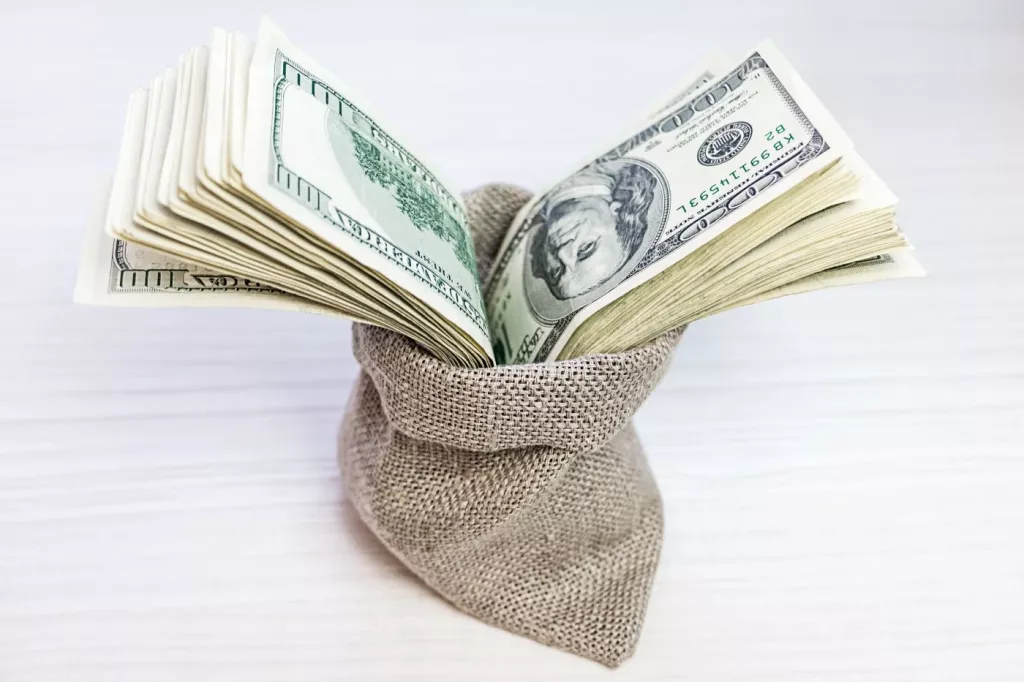
On this page:
You Can Save Thousands With an Ag Exemption in Texas
The amount of money you can save on agricultural costs depends on the discrepancy between the market value of your property and the production valuation you get from your appraisal district. Savings of more than $1,000 a year are not unusual. The savings increase in direct proportion to the current market value of your property.
There is no universal formula because eligibility requirements and tax rates differ from county to county, but the savings are usually well worth the effort.
The ag valuation savings number varies according to the county you reside in, the number of acres you own, and the value of your land. However, if your property taxes are high right now, you will probably be very happy with the new valuation. When a property enters AG, the counties tend to apply "orchard values," saving you thousands of dollars in taxes.
For instance, Travis County properties drop from a standard tax value per acre of $40,000–$70,000 to about $2,000 per acre. Which property tax rate would you choose: $2,000 or $40,000? Precisely.
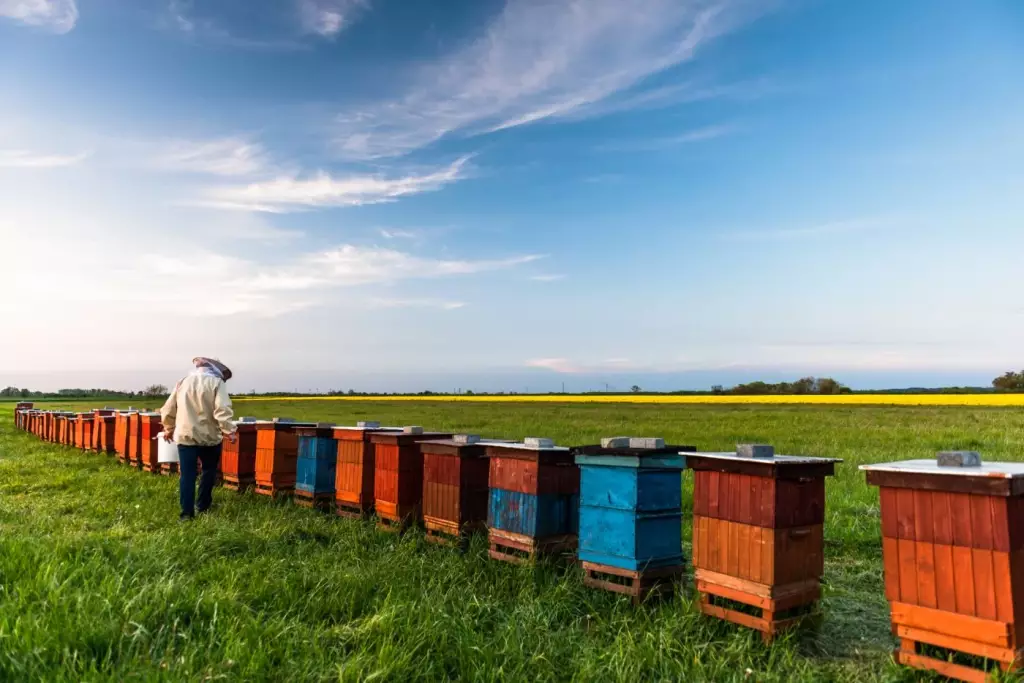
In another example, you will save over $10,000 in yearly taxes on a 7-acre lot in Driftwood County (dropping from $12,000 per year to $1,500 per year despite a homestead on the site: that's almost 90%), thanks to the significantly lower valuation on the land. Landowners are willing to spend up to 25% of their annual savings to continue to be qualified because the savings are so great.
If your property was eligible for the ag valuation, you would pay taxes based on the value of the prospective agricultural production rather than the property's market value. Consider that you own 10 acres in the vicinity of Round Rock, with a market value of $100,000 and a 2% tax rate. You would have a $2,000 tax bill each year.
If you had an apiary with eight honey bee colonies, which made your property eligible for agricultural valuation, and the production value of bees in your location was $1,000 per acre, your property's production value would be $10,000 ($1,000/acre x 10 acres). Your taxes would be $200 per year, or 2% of $10,000, saving you $1800 annually.
Does Beekeeping Qualify for Ag Exemption in Texas?
Beekeeping now qualifies for an ag valuation on property taxes under Texas law, which took effect on January 1, 2012. The Tax Code addresses this in Chapter 23, Subchapter D, Section. 23.51 (1) and (2).
Many landowners in Texas are eligible for a Special Ag Valuation if they keep bees. Ag valuation regulations differ by county, and while the majority of counties have them, others do not.
Despite the fact that each county currently has slightly varied rules and specifications, there is one thing in common: on-site colonies are necessary. However, there may be differences in the number of colonies between counties.
The State of Texas has established a minimum of 5 acres and a maximum of 20 acres to qualify beekeeping as an agricultural use.
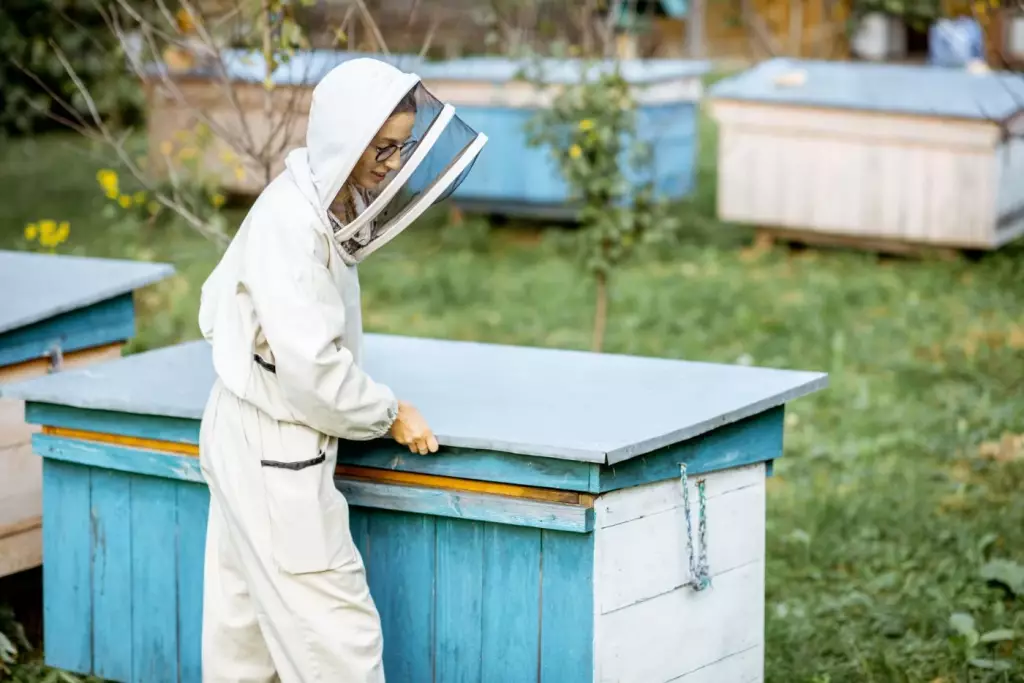
The needed amount of land is 5 to 20 acres, and you cannot reside in a neighborhood that prohibits beekeeping or agricultural use. To keep bee colonies on your property and reduce your property taxes, you may be able to purchase or lease them. In order to start getting the reduced valuation, AG use must have been made for five out of the previous seven years.
In other words, if you use the area for beekeeping for 5 consecutive years and comply with all the regulations set forth by your county, your taxes will decrease the 6th year. Consult with your county appraisal district and stay current on the rules year after year. Each county appraisal district establishes its own eligibility requirements.
What is Eligible for an Ag Exemption in Texas?
Only land that has been utilized primarily for agricultural purposes for at least five out of the last seven years is eligible for an ag exemption in Texas. Crop production, raising livestock, beekeeping, and related endeavors all serve agricultural goals.
With just 5 to 20 acres of property, beekeeping can qualify Texas landowners for an ag exemption (1-d-1 appraisal). With the honey bee population declining around the world, what better way to contribute to the preservation of this master pollinator and reduce your property taxes at the same time? You can either learn how to keep your own honey bees or hire a business to do it for you.
Why Does Texas Offer an Agricultural Tax Break for Beekeeping?
Pollination is essential to agriculture, and bees are managed pollinators—the only commercially viable managed pollinator. According to the State Comptroller's Office, "The aim is for landowners to realize property tax savings to encourage them to continue producing vital agricultural products, such as livestock, cotton, timber, milk, and corn."
According to some estimates, pollinators are necessary for three out of every five bits of food we consume. Without the fruits and vegetables that beekeeping makes possible for us, the produce aisle in our grocery stores would look very different.
How Many Bees Do You Need for Ag Exemption in Texas?
Most counties require at least six (6) hives for the first five acres of qualified land, with an extra hive per additional qualifying acre (up to 20), at which point the Texas Apiary Inspection Service requires the apiary (bee yard) to be registered. If each of your six beehives has 50,000 bees, then you would have at least 300,000 bees.
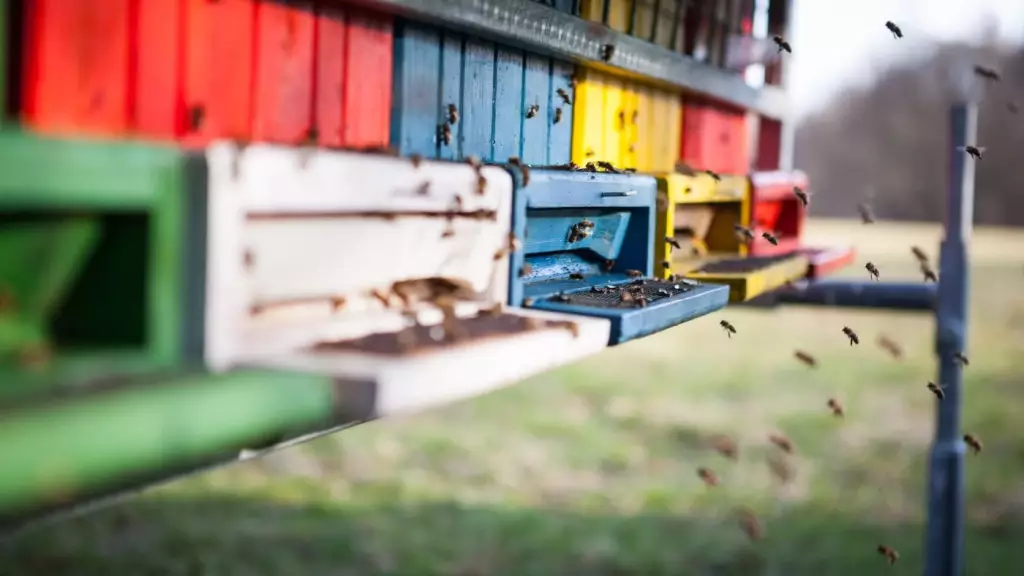
Beekeeping lowers your property taxes
Agriculture real property taxes are real estate taxes. Buildings are also considered real property. Anything else you use for managing your bees is considered personal property. In Texas, farms may be required to submit a General Personal Property Rendition form by April 15th to their appraisal district each year. If you are required to submit a rendition form, the appraisal district will send it to you.
As instruments of husbandry, machinery and equipment used to produce agricultural, agrarian, or forestry products are exempt. Everything used prior to bottling honey is exempt. Anything used for bottling or labeling, including bottles, is not exempt.
For personal property (bottles, labels, etc.) not covered by the agricultural exemption, there is an additional $500 exemption. The EX366 exception is what it is known as. With these exemptions, it is doubtful that you will have to pay any personal property tax unless you start processing a significant amount of honey, even if you are required to submit the list of your property.

